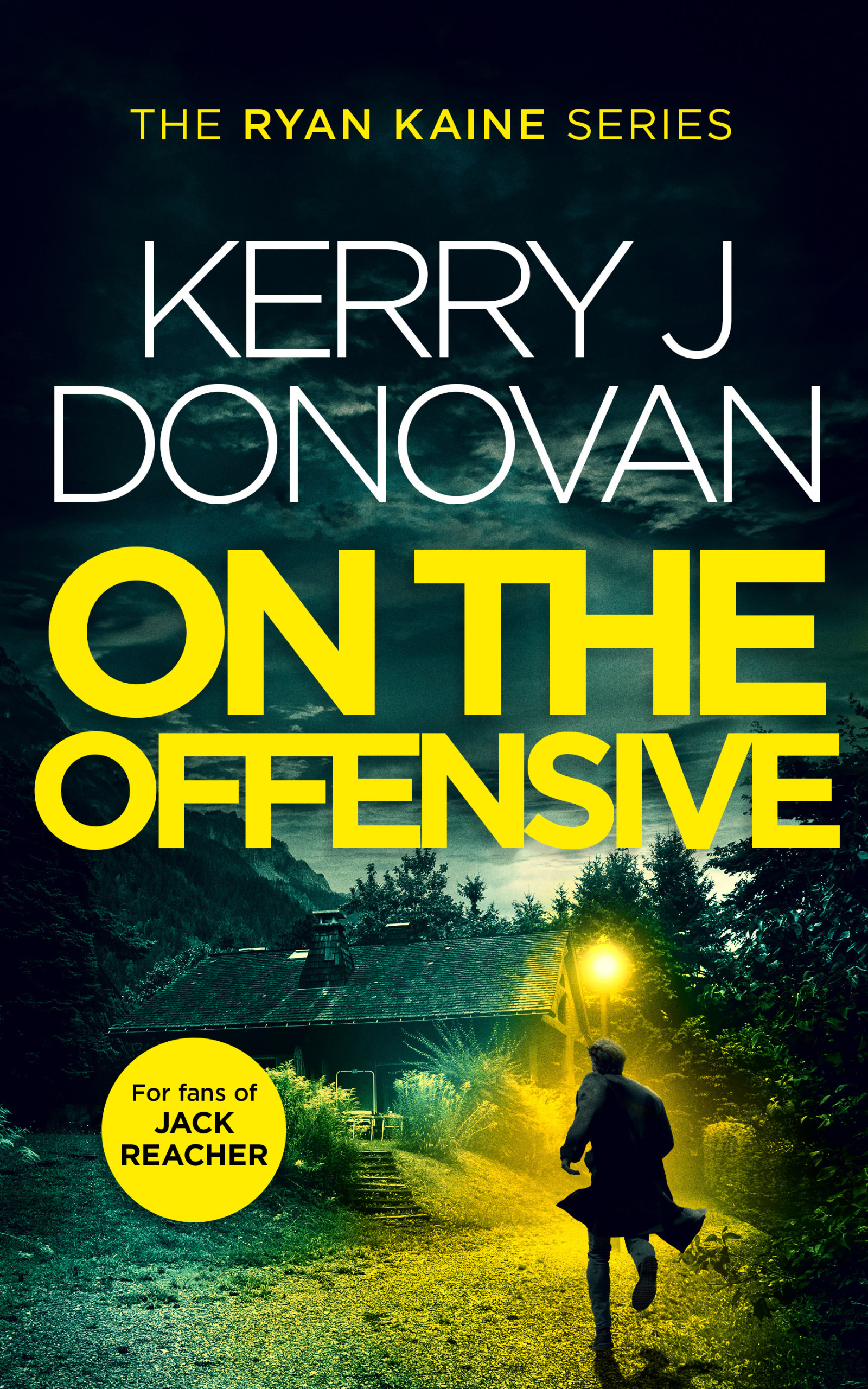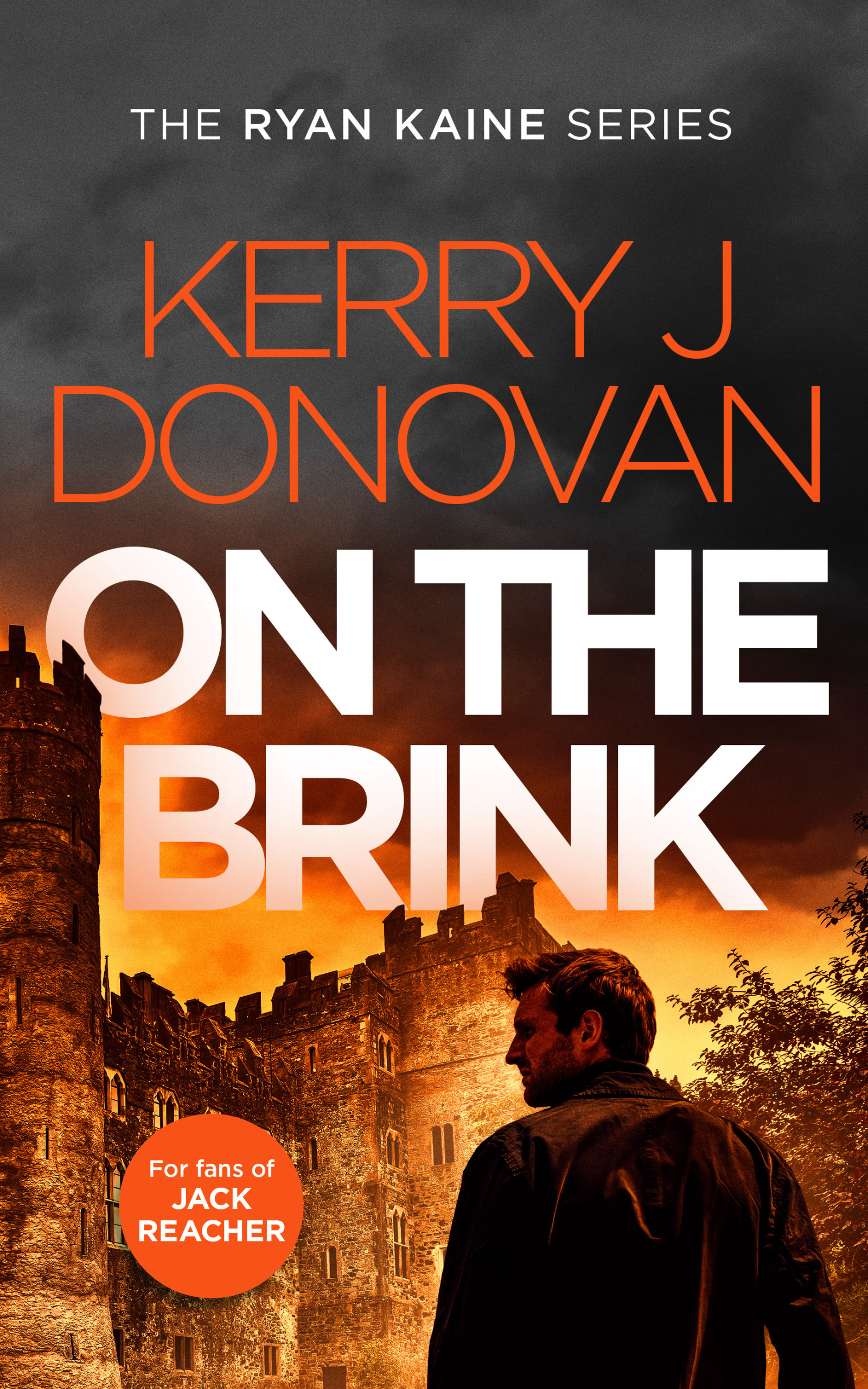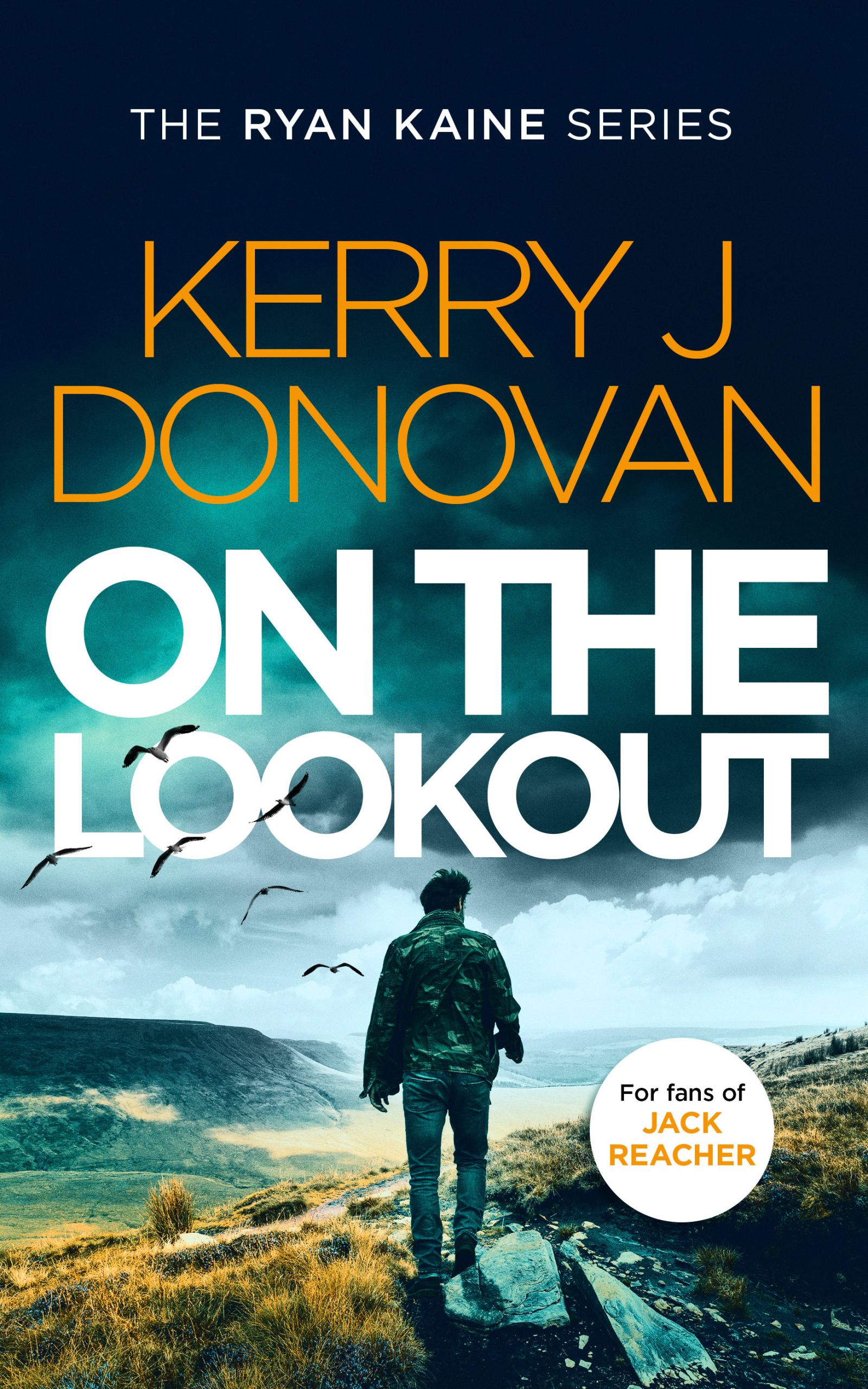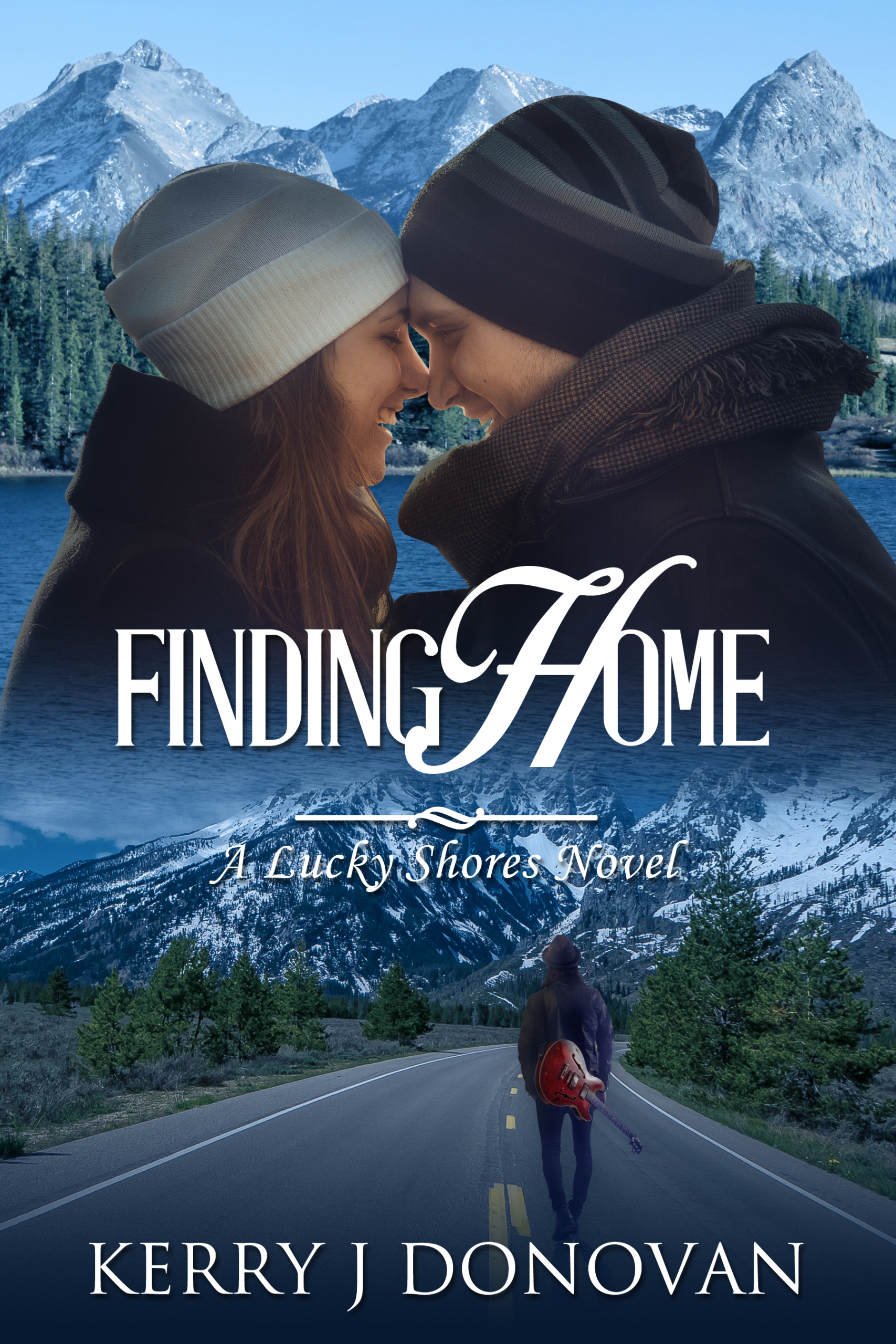Navigating the Writing Path from Start to Finish
– I C Publishing Summer Blog Tour
I’m going to start by thanking Danielle and Clifford Rush for inviting me to join the tour. Check out No Eye Has Seen– superb stuff.
Thanks also go to the sponsor I C Publishing Twitter hashtag for the tour: #ICBlogTour.
1. Share how you start your writing project(s). For example, where do you find inspiration? Do you outline? Do you jump right into the writing? Do you do all of your research first?
I have absolutely no idea where my ideas come from. Inspiration differs from book to book. For example, in my crime thriller, The DCI Jones Casebook: Ellis Flynn, the theme stemmed from harrowing news stories about the internet grooming of teenagers.
In my psychological thriller, The Transition of Johnny Swift, the muse came from the title, which I doodled on a pad while waiting in a phone queue (hideous electronic music chugging away in the background kind of thing). I was so intrigued by the title I needed answers to two questions. Who is Johnny Swift, and into what did he transition?
I had no more information to go on than that.
The book turned into a psychological thriller set Northamptonshire, England and based loosely in the world of motor racing. Pretty early on in the writing process I decide that giving my hero the cheesy name ‘Johnny Swift’ made him sound like a 1970s motorcycle stunt rider, so I change his name to ‘Fiery’ Frank Brazier. I still kept the title though. So how do I square that particular circle? Well, in the time-honoured tradition of tension-building hype, you’ll have to read the book to find out. Mwahaha.
I will give this much away. Frank has a revelation that changes his life. He risks all to save his dying sister, and he finds love in the wreckage. Oh, and he finds out who Johnny Swift really is.
As for research, I do that, as and when I need to. The Interweb is a wonderful research tool.
2. How do you continue your writing project? i.e. How do you find motivation to write on the non-creative days? Do you keep to a schedule? How do you find the time to write?
Non-creative days? Nah, don’t have any of them. Believe me? 🙂
Actually, I’m a bit of a mechanical nerd with my writing. I set a potential word count for the novel, which changes depending upon the genre, and then I set a date, say, three month hence. After that, I divide the word count by the number of days until the deadline and use that as my daily writing target. Armed with that information, I design a spreadsheet, and then multiply the number I first thought of, add my height in inches, and …
Seriously though, there is no set routine for me. I live in France in semi-retirement, with my darling wife, no cats, and no dogs. I write whenever I feel the urge, which is most days, and that’s it. No secrets, just hard graft.
3. How do you finish your project? i.e. When do you know the project is complete? Do you have a hard time letting go? Do you tend to start a new project before you finish the last one?
As with many writers, I never know when the project is going to be completed until it’s done. I often write the end of the book before the start, and then spend the writing time filling in the journey between the two points.
For the DCI Jones Casebook series, I have developed a defined cast of characters, the detective and his colleagues, who lead me through the stories almost as though they are dictating the words. For my other, ad hoc, stories, I go where the muse takes me.
I always have at least three projects on the go at any one time. That way, if I reach a blockage in the road in one story, I can attack another and return to the first with fresh eyes. That works well for me, although my publishers sometimes wonder when the next manuscript is going to arrive. With me, it’s like the old United Counties Bus joke, I don’t seem to produce much for ages, and then three manuscripts arrive on the publisher’s desk at the same time.
4. Include one challenge or additional tip that our collective communities could help with or benefit from.
Similes.
My pet theory is that modern writers, especially young ones, overuse similes. Here’s an example of something I read the other month (no names, no pack drill). A lawman is chasing a villain through a ghost town in the desert, and it is 100°F in the shade. The writer has the lawman crashing through a door, “like an avalanche.”
At this point, as reader, I’m immediately transported into a world of snow, mountain peaks, and skiing. I see the old ‘snow tiger’ howling down the slope behind me. On the peak next door, there’s a St Bernard with a brandy barrel around its neck ready to dig me out of a drift. Get the picture?
I know rock falls can be avalanches and this particular simile is not wrong, per se, but it took me out of the moment and had me thinking exactly the wrong thing.
My advice therefore, is this. If you are considering adding a simile to your novel, go through the following checklist:
- Does it make sense?
- Does it detract from the scene?
- Is it in keeping with the character’s voice?
- Is it original and clever?
- Will it cause the reader to pause and think or will it clarify the imagery?
If you answer ‘yes’ to any of these questions except #4, delete the simile and move on with the story. If you answer ‘no’ to #4, delete the simile. If you answer ‘yes’ to #4, think about leaving the simile in, but delete it anyway (if it’s too clever, it will take the reader out of the story).
If in doubt, delete the simile. Have I made my point yet? Hope so.
That’s it. That’s all I have.
For your delectation next week, is a fabulous Australian friend of mine; a great writer, social media expert, and website guru, Michaela Miles.
Thanks for letting me into your life for a moment or two. See you soon.











Hi Kerry–Great post! The part about ‘I have absolutely no idea where my ideas come from’ is well written and well stated and made me laugh. Do any of us really know? The clues about your upcoming novel are excellent! I thought the best intrigue is finding out that Frank will discover who Johnny Swift really is. Thanks for sharing and I look forward to Michaela’s post next week.
Thanks Crush11,
Michaela is much better than me – I’m looking forward to her blog too — I always do.